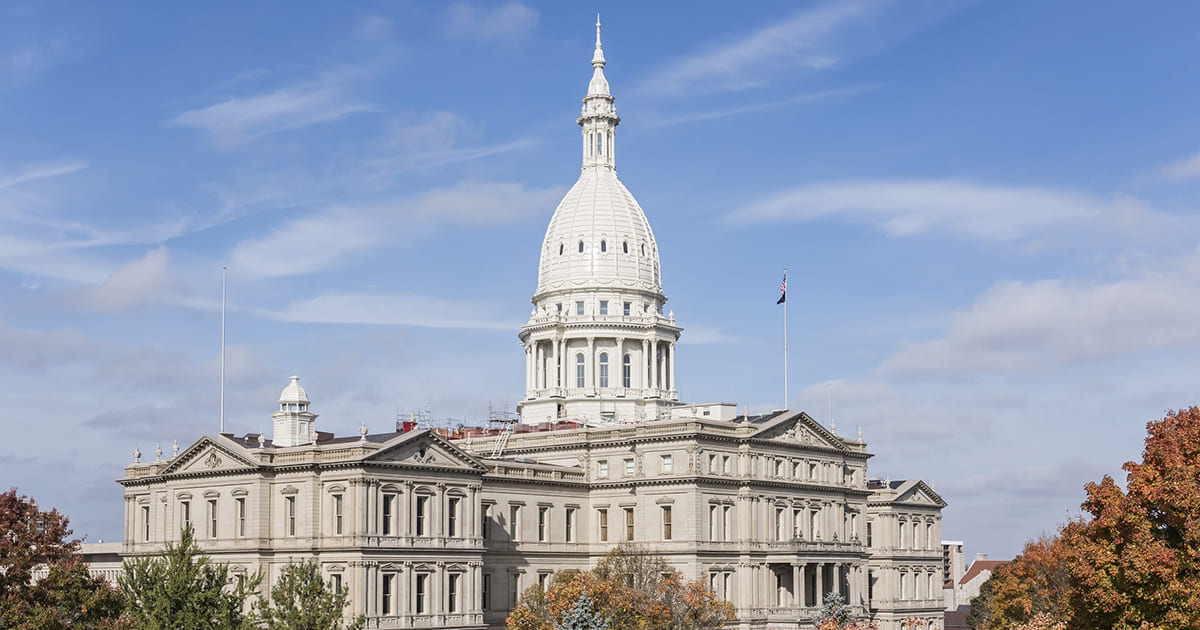Project 2025, spearheaded by the Heritage Foundation alongside former Trump administration officials and MAGA allies, represents a bold initiative aiming to reshape the federal government. This plan seeks to centralize executive power and install a network of loyal personnel across key agencies.
For families in Michigan, the potential impacts are vast, touching critical areas such as veterans’ services, women’s health, environmental protections, justice and voting rights, and education. If implemented, it could significantly alter the support systems that many rely on, sparking widespread concern about the future of government services and resources.
Here are some specific impacts that Michigan families might experience if Project 2025 is enacted:
- A typical family of four will see a tax increase of $2,797 per year and increase of annual energy costs by $360/year over the next 10 years.
- Limits and caps proposed on Medicaid benefits could cause 429,800 Medicaid enrollees to lose coverage and would raise the costs of prescription drugs for up to 672,860 people.
- Ending Title I would lead to the loss of 5,357 teaching positions, which serve 89,466 students in Michigan.
- By replacing Student Loan income-driven repayment plans with a “one-size-fits-all” program, Project 2025 will increase payments for more than 239,700 borrowers in Michigan by $2,700 to $4,100 per year.
- Eliminating Head Start will remove no-cost child care and other services for approximately 27,657 low-income children.
- 1,380,000 women in Michigan would lose guaranteed access to free emergency contraception.
- Veterans in Michigan would have longer wait times, reduced access to care and lower quality of services if Project 2025 eliminates funding for the VA. Michigan is home to more than 516,758 veterans and service members.
- Michigan has almost 30,000 federal civilian employees whose jobs could be at risk if plans to replace civil service jobs with political appointees are enacted. The federal government is the largest employer of veterans in the country, with approximately one in four federal employees being veterans.
- Eliminating the investments in manufacturing and clean energy jobs would result in a loss of nearly 47,700 jobs over the next 10 years in Michigan.
- Eliminating Essential Air Services will disproportionately disadvantage Michigan families in rural and smaller communities if airlines are allowed to eliminate flights in and out of those markets.
Resources on Project 2025 Impact in Michigan
Clean Energy and Manufacturing Jobs





